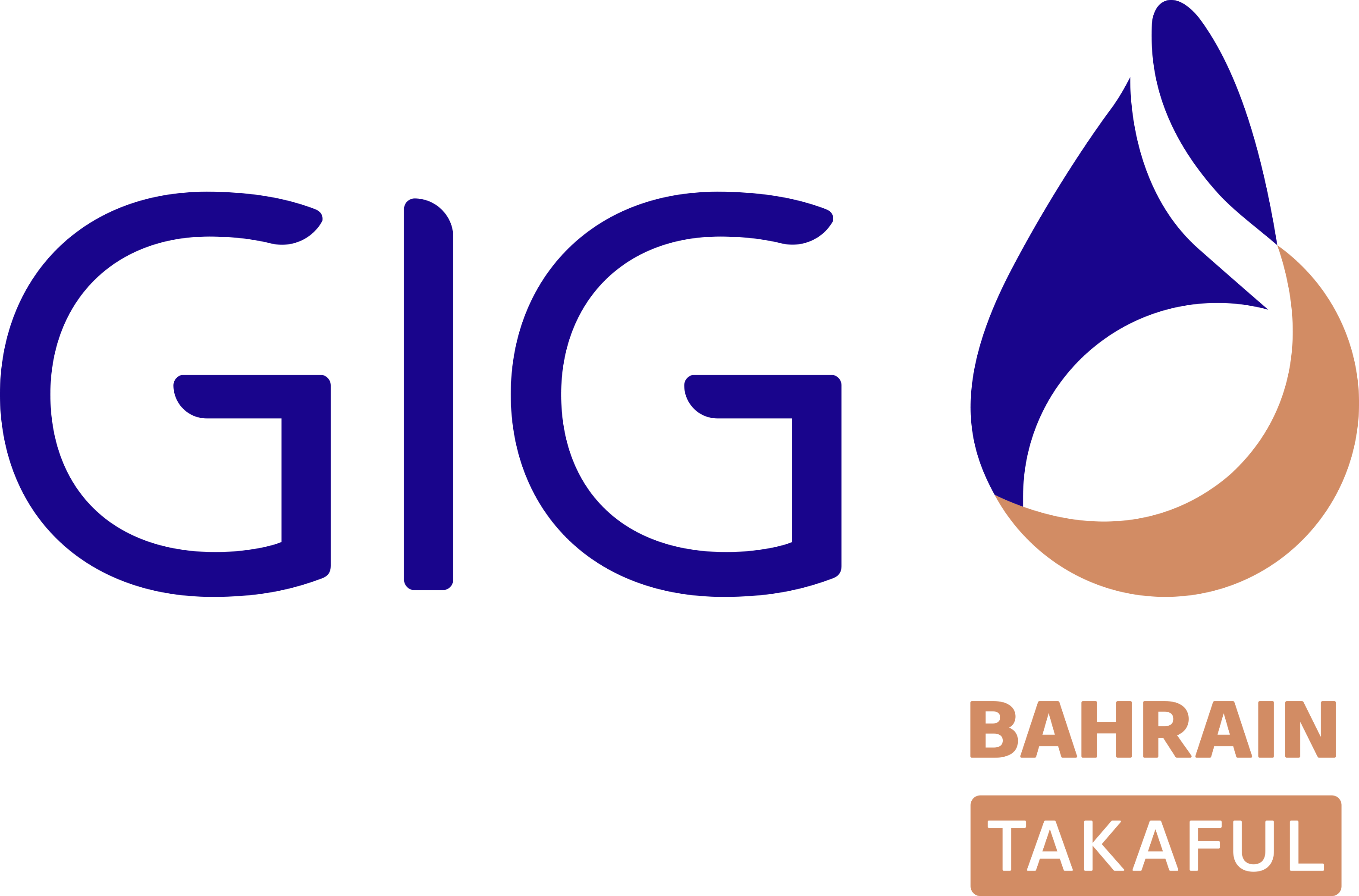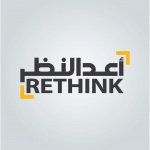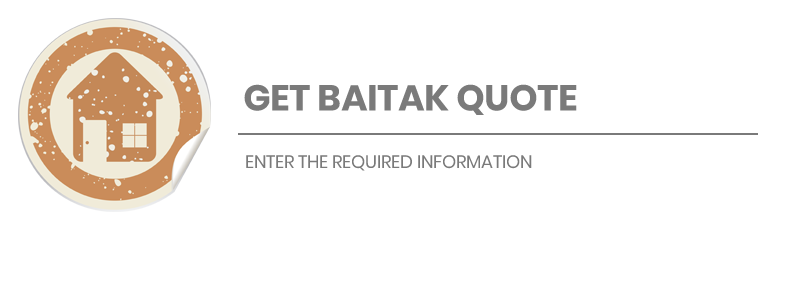Insurance & Takaful
Takaful is simply insurance conducted in line with Islamic principles. In Islam, as in fact in most other religions, we observe differences between the good and the bad, between the allowed and the prohibited, between halal and haram. If you feel that it is important to draw such distinctions between the good and the bad in your every day practical life then there are certain aspects in insurance that ought to be in line with the accepted principles. In the case of Islamic insurance the accepted principles happen to be those in line with the Islamic Sharia.
There would have been no need to develop takaful products had it not been for the objections found in traditional insurance system. Some bad practices were found to be related to such contracts, such as the following:
-
charging unreasonably high premiums
-
charging different premiums for identical risks without valid reasons
-
false declaration of age, health, financial status, insurable value, etc.
-
selling products not understood by the customer etc.
Premiums charged by the companies reflect expenses for managing insurance operations and cost of the risk to cover the insured. To that extent the premiums charged may differ between companies. However, this feature ought to be transparent and easily understood by the customer.
The nature of insurance benefits is such that certain over-estimation in charging premiums is inevitable. In conventional insurance there may be an element of exploitation where this over-estimation may become shareholders’ gain, especially on those products that are sold on non-profit basis. Nevertheless, over-charging cannot be excessive, as it would be difficult to sell products with very high premiums in a competitive market. In takaful over-charging is self-correcting. The system of profit sharing in takaful ensures that over charged amounts, that contribute to insurance surplus, be reserved for the participants or distributed back to them.
A correctly drawn legal contract ensures that any insurance transaction is free from fraud and deception. To a great extent such practices are discouraged through various safety nets such as the state supervisory control, insurance company’s own self regulation on selling practices and stringent financial and medical underwriting policies, and in case of takaful companies, the additional supervision by its Sharia Board.
Transparency of information
Transparency of information is important. Uncertainty of terms leads to deception (al-gharar). This can happen in a sale where the buyer is not sure of what is being bought or the exact specification of the goods is or benefits. There could be an element of deception on the seller’s part. In an Islamic financial contract all such deals are prohibited that involve exceptional risk that cannot be reasonably estimated. A reasonable level of risk that may be scientifically quantifiable is permissible. Most Islamic scholars concur that the Sharia does not forbid transactions that fulfill genuine need. These are needs that are indispensable for meeting certain socially desirable ends but cannot always be altogether freed from indeterminacy or hazard.
The act of taking out a takaful policy is an intention to provide security and peace of mind. Policy rules and the underwriting screening process ensure that this intention, resulting in participating in a takaful scheme, is unconnected to the event where the insured eventually finds himself in circumstances warranting payment of claim. But if and when the claim does become payable, the insured is much more financially able to face the impact and consequences of trauma and accident than a person or a corporation that is not insured.
Gambling and Insurance
Gambling and insurance are two distinct and different operations. Gambling is speculative in its risk assessment whereas insurance is a pure risk and is non-speculative.
In gambling, one may win or lose by creating that risk. In insurance, the risk is already there and one is trying to minimise the financial effects of that risk. Insurance shifts the impact of that risk to someone else and relieves the person of risk. The risk nevertheless still remains.
While gambling promotes dissension, ruin and hatred, insurance based on cooperative principles, enables the insured to lessen the financial impact without which it could drive the individual and his dependents to poverty, thereby weakening their place in the society. There is nothing in Islam that prevents an individual from making a provision for his dependents. Seen collectively for large groups of insured population, insurance strengthens the financial base of the society.
Allama Yusuf Ali, in his translation of Holy Quran, comments on Sura Al-Baqara, ayat 219, “Insurance is not gambling, when conducted on business principles. Here the basis for calculation is statistics on a large scale, from which mere chance is eliminated. The insurers charge premium in proportion to the risks, exactly and scientifically calculated”.
Law of large numbers and Probability theory - its scientific use
The law of large numbers can indicate the outcome of an event without having to perform the experiment many times due to logic and reasoning related to that event. For example on throwing a coin there is 50% chance that it will be “heads.” However, if we throw a coin ten times, we may not find that heads came up five times, but if it was thrown hundred times or thousand times, the chances are that “heads” would come up half the time. We already knew the probability of heads was 50% and there was no need to throw the coin so many times.
In terms of insurance and takaful, the concept of large numbers is extended to include several companies under the collective umbrella to achieve benefits of the law of large numbers. This minimises the concentration of risk to one fund or one company and protects the financial strength of each pool of contributions or groups of people.
The theory of probability in conjunction with our understanding of law of large numbers is an application of scientific thought taking into account the knowledge of the past. It is applied extensively in calculations of all sectors of modern day developments in medicine, engineering, defense, space programs, nuclear energy programs, industry and commerce.
By applying this theory the chances of certain events happening in practice are calculated such as of accident, contracting certain illness, death etc. These chances become closer to the ones assumed in insurance calculations provided that the numbers are sufficiently large.
Mortality rates, when applied to a large pool of policyholders, are therefore extrapolation of past experience to future outcome within the context of the theory of large numbers. This is unlike a transaction based on al-gharar of which gambling is an example in terms of an individual event or an outcome.
Insurable interest
An insurance contract cannot be valid if there was no pre-existing financial interest that otherwise would affect the happening of an insured event unfavourably. For example an individual has an insurable interest in one’s own life or the life of spouse, a trust can be created where a life policy can be used for the benefit of others etc. Two brothers or friends do not have an insurable interest in each other unless it is in relation to say a business partnership where each has to protect his or her share of equity.
An insurable interest means that there must exist some liability or financial obligation related to life or physical asset and the insured has a demonstrable interest in it. Insurance is null and void if there is no insurable interest. This is another feature that separates insurance from gambling.










